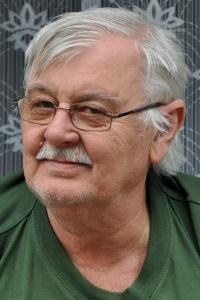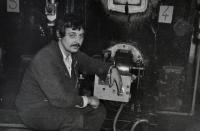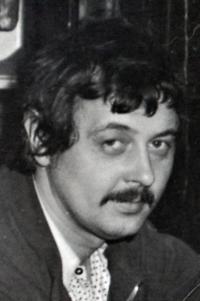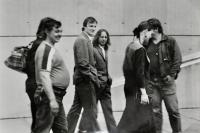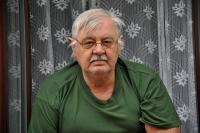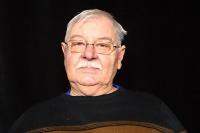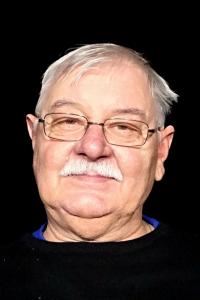You need to beware of people

Download image
Zdeněk Pika was born on 19 November, 1946 in a family of a stove manufacturer and a waitress in Opava. He is not related to the family of the nearby village of Štítina, the famous executed genral Heliodor Píka. He trained as a blacksmith. In August 1968 witnessed the occupation of Czechoslovakia by the Warsaw pact army, when a convoy of tanks of the Polish People’s Army arrived to Opava. Back then Zdeněk Pika started considering emigration. In 1980 he joined the communist party to be able to emigrate more easily. In 1985 he tried to travel with his family to Yugoslavia unsuccessfully. He was sentenced to two years suspended; he left the party and signed the Chart 77. Until November 1989 he was an active member of dissent and assisted distributing samizdat.
